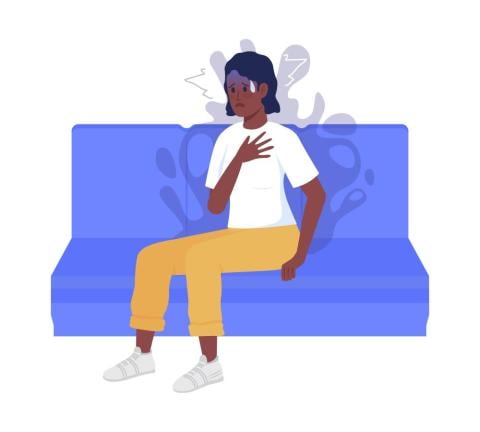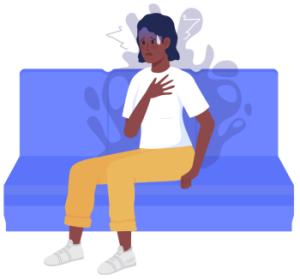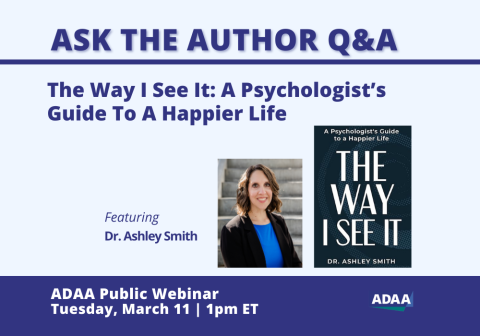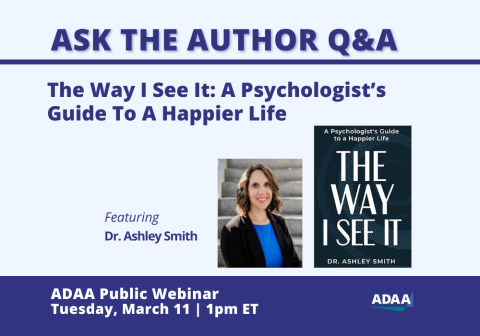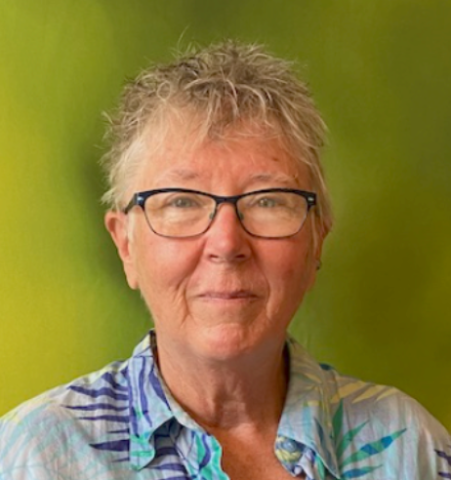7 Things I Wish I’d Known About Social Anxiety 20 Years Ago
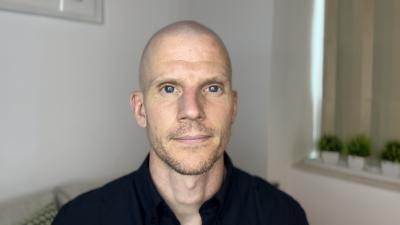
I battled social anxiety disorder for over 20 years before finally overcoming it. Over that time, I learned a lot of valuable lessons that, as a social anxiety coach, I’m now able to pass on to my clients.
Below are some of the things that I wish someone could’ve told me when I was first going through the struggle. This advice comes with the caveat that these are based on my own experience and that of my clients. I don’t make any claims about everyone’s condition. I appreciate that everyone’s situation and road to recovery is unique.
I hope the points below will be of use to you.
1. You’re Not Going Crazy
The racing thoughts, the loud critical voices in your head, the feeling that you’re giving off a forcefield of negative energy—these are all part of a recognized mental health condition: social anxiety. You’re not going insane, it’s just extreme anxiety that makes you feel that way.
2. You’re Not a Freak
Back then, I could never have imagined other people went through the same things that I did—but they did. Millions of people in fact. Social Anxiety Disorder is a very common disorder, but 20 years ago I thought it was only my brain that worked in this way. I thought that I was uniquely messed up or some kind of a freak, but there are 10,000,000s of adults in the US and Europe who struggle with social anxiety.
3. It’s Not a Level Playing Field
I used to compare myself to people all the time. “That guy at work, he’s so much younger than me, and yet he’s so relaxed and confident around everyone. Why can’t I be like that? I’m 27 years old, I SHOULD be able to do this stuff by now.” This is the conversation I had with a psychologist 10 years ago. His reply, “It’s not a level playing field”. When I heard that, it was like a weight had been lifted off my shoulders.
Life’s not a level playing field. My family background was a toxic, dysfunctional mess and I had a psychologically abusive mother. No wonder I had low self-esteem and social anxiety disorder. Stop comparing yourself to others. Instead focus on your own situation and how you can improve it.
4. You Can Only Play the Hand You’ve Been Dealt
None of us asked to have low self-esteem, constant anxiety attacks over the smallest thing, and humiliating and debilitating breakdowns. It’s not as if we consciously create any of this stuff. It’s no good lamenting what might have been if we had a different past or nervous system. The only way out is forward. We have to work with what we’ve got and where we’re at now. Stop looking around the table wishing you had the cards the other person had. You can still win the game with a 2 and a 10.
5. There Is a Way Out
Social anxiety is not a life sentence. Your social anxiety does not define you. It’s a combination of habitual dysfunctional thought and behavior patterns (cognitive distortions, avoidance etc.) which can be broken and relearned. You can become a totally different person with a life unrecognizable to what you have now.
This change requires a process of holistic radical personal transformation, and this takes time and consistent effort. There are no quick fixes. You need to change from a dysfunctional lifestyle to a positive, healthy one. In this way, the good stuff gradually crowds out the negative.
6. There Are 3 Root Causes
I could’ve saved myself decades of research if someone had explained the concepts of low self-esteem, toxic shame and maladaptive thought patterns.
- Low Self-Esteem
I didn’t learn until my 30s how important self-esteem is to just about everything we do in life; from what job we get, to who we marry, to how happy we allow ourselves to be. Low self-esteem is what feeds social anxiety. That feeling of not being enough, less-than, ugly, boring, disgusting. That’s low self-esteem. My advice to my younger self would be read The Six Pillars of Self Esteem and other books on the subject.
- Toxic Shame
Shame is when you feel guilty about something you did. Toxic shame is when you feel guilty and embarrassed about who you are. You’re apologetic for your whole existence. Toxic shame often comes from being told repeatedly (by a parent or someone else) we are something negative, as opposed to our behavior or actions. Find that you hunch, stoop or keep your head down? Are you afraid to take up space? That's the toxic shame making you apologetic for even daring to exist.
- Maladaptive thought patterns
So much of social anxiety is rooted in the mind and in our thoughts. Do you think that you’re the only one that imagines the worst of a social situation? Do you think that you’re the only one that ignores the 10 positive things someone says to you and fixates on the one negative thing? Do you think you’re the only one that believes you’re a worthless loser and you’ll be stuck like this forever? You’re not the only one.
These are “maladaptive thoughts”, “cognitive distortions” and a “pessimistic explanatory style”. These thoughts are warped, irrational ways of seeing the world and feed your social anxiety like gasoline to a fire. Understanding what these thoughts are is a huge weapon in your arsenal in the battle against social anxiety.
7. There’s No Magic Pill
This is only my experience, but none of the ‘quick fixes’ work; medication, supplements, NoFap, hypnosis, cannabis, Ayahuasca, and subliminal soundtracks didn’t cure me. What worked was difficult and took time.
I would say the thing that helped me the most was exposure therapy which pushed myself to face fears in a very practical way. It involved radical personal transformation: completely changing my daily habits, my routine, getting in shape, changing the way I thought, the way I behaved and facing my fears.
Conclusion
I hope these points have been of use to you. I chose to share my story with ADAA as it was a resource I used during my recovery, I respect it as an authoritative source of information and I think it may be a good platform to reach others who are struggling with what I went through.
In my experience it can sometimes only take one little insight, either our own or from someone else, to bring about a big change. Sometimes these little comments or pieces of advice can act like ‘pressure valves’ which take the pressure off us or can take a load off our, already overburdened, shoulders. So, I hope that one or two of these points might have had this kind of effect on you.
- Share Your Story and Voice and Help #breakthestigma Around Mental Health
- Support ADAA's Mission - Every Gift Makes an Impact
- Join an ADAA Online Peer to Peer Support Community
- ADAA Find Your Therapist




